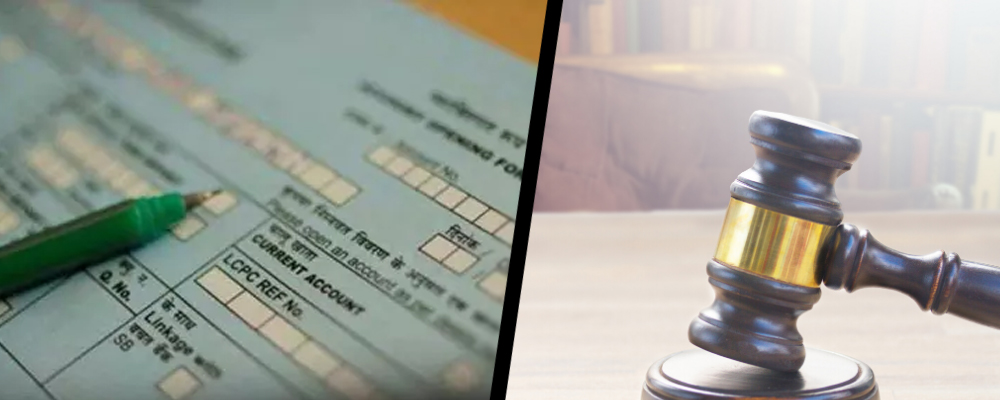With a large amount of shortage of Foreign Exchange in the nation, the Foreign Exchange Regulation Act of 1973 (FERA) was established. The act was instituted by the Indian Parliament by the government of Indira Gandhi but became effective from January 1, 1974. FERA had a controversial 27-year run during which several administrators of Indian corporate society found themselves at the mercy of the Enforcement Directorate.
FERA has made drastic adjustments to many types of mortgages. It bought foreign exchange and assurances and businesses that had a contingent effect on the import and export of foreign exchange and money. The extent of the Act was to “regulate certain payments, transactions in foreign exchange and securities, transactions affecting foreign exchange indirectly and import and export of currency to safeguard the foreign exchange resources of the country”. It was abolished in 1999 by the administration of Atal Bihari Vajpayee and replaced by the Foreign Exchange Management Act, which reformed foreign exchange directions and limits on foreign investment.
Need A Legal Advice
The internet is not a lawyer and neither are you. Talk to a real lawyer about your legal issue

Executives Comply With The Implementation Of The Foreign Exchange Management Act & Foreign Exchange Regulation Act (FERA), 1973
Foreign Exchange Management Act in itself is not a self-governing and separate law. The prerequisites of the Foreign Exchange Management Act are published at various places and also their administrative bodies. The Reserve Bank of India (RBI) administers the Foreign Exchange Management Act and orders are made by the central government.
Although the RBI is the overall governing authority in appreciation of the Foreign Exchange Management Act, the implementation of the Foreign Exchange Management Act is committed to a separate “Enforcement Directorate” designed for this purpose. (Section 36)
Authorities Monitoring The Implementation Of The Foreign Exchange Management Act:
- Foreign Exchange Department (FED) of Reserve Bank of India (RBI)
- ED ( Directorate Of Enforcement ), Revenue Department, Ministry of Finance
- Capital Markets Division, Department of Economic Affairs, Ministry of Finance
- Division Of Foreign Trade, Economic Affairs Department, Ministry of Finance
Administration And Superintendence Of Foreign Exchange
Foreign currency leads to specified money in the currency of another country or group of countries such as the euro. Foreign currency can be cash, funds available on credit cards and debit cards, traveler’s checks, bank deposits, or other short-term requirements.
Section 2(n) of the Foreign Exchange Management Act declares that “foreign exchange” means foreign money and includes –
(i) Deposits, credits, and balances obligatory in any foreign currency,
(ii) Report Of Trade Bills, Traveler’s Cheque Or, Drafts, declared or drawn in Indian currency but obligatory in any foreign currency,
(iii) Report Of Trade Bills, Traveler’s Cheque Or, Drafts drawn by banks, companies, or bodies outside India, but owing in Indian currency;
Foreign Exchange Management Act Prohibits:
- Trading or variation in foreign exchange or foreign security in any form other than a recognized person
- make any payment unless through an approved person or in any transaction to the account of any person resident outside India, unless through an entitled person, by order, or by any means. No amount should be on the recommendation of any citizen outside India.
- Enter into any financial performance in India in connection with the acquisition or acquisition of any property outside India or in connection with the creation or transfer of power as compensation.





 Talk to a Lawyer
Talk to a Lawyer